Islamic Jihad leader, Egypt intelligence chief discuss Palestinian issues in Cairo
The leader of the Palestinian Islamic Jihad resistance movement and the head of Egypt’s intelligence service have discussed critical issues concerning Palestine during a meeting in the Egyptian capital, Cairo.
Daoud Shahab, a spokesman for the movement, said the meeting between Ziyad al-Nakhalah and Abbas Kamel took place on Saturday and that the two discussed such issues as the reconstruction of the Gaza Strip, the Israeli siege of Gaza and Palestinian prisoners in the occupying regime’s jails.
“The meeting focused on the developments in Palestine and the conflict with the Zionist regime,” Shahab said in an interview with Turkey's official Anadolu news agency.
“There was a positive atmosphere in the meeting, which shows the desire of the parties to achieve the goals and aspirations of the Palestinian people. During the meeting, the Egyptian intelligence chief reviewed his country’s efforts to rebuild Gaza, reduce the siege by Israel and facilitate traffic through the Rafah crossing.”
More than two million Palestinians live in Gaza, suffering from difficult living conditions as a result of the continuous Israeli blockade of the enclave since 2007.
Cairo is mediating efforts between Israel and the Palestinians to consolidate the ceasefire in Gaza that took effect on May 21 with Egyptian mediation after an 11-day military confrontation.
At least 260 Palestinians, including 66 children, were killed in the Israeli bombardment of the Gaza Strip in the war that began on May 10. Israel’s airstrikes also brought widespread devastation to the already impoverished territory.
The Gaza-based resistance movements responded by launching over 4,000 rockets into the occupied territories, some reaching as far as Tel Aviv and even Haifa and Nazareth to the north.
Nakhalah also on Saturday praised Egypt's efforts to pursue the case of the Islamic Jihad prisoners' hunger strike in Israeli jails.
On October 22, prisoners of the Islamic Jihad movement in Israeli prisons suspended their hunger strike after nine days, which they had launched in protest at the "repressive measures" being taken against them following the escape of six inmates.
On September 6, Zakaria Zubeidi, a former commander of the Palestinian resistance group al-Aqsa Martyrs’ Brigade in Jenin, and five members of the Islamic Jihad group managed to tunnel their way out through their cell’s drainage system to escape from the maximum-security jail of Gilboa.
It was the biggest Palestinian escape from an Israeli jail since 1987, when six members of the Islamic Jihad broke out of a heavily-guarded jail in Gaza.
After the recent escape of the six inmates, Israel adopted collective punitive measures against the Palestinian prisoners. The six Palestinian prisoners were all recaptured nearly two weeks later.
More than 7,000 Palestinians are reportedly held in Israeli jails. Hundreds have been incarcerated under the practice of administrative detention, which allows holding Palestinian inmates without trial or charge. Some Palestinian prisoners have been held in administrative detention for up to eleven years.
VIDEO | Venezuelans demonstrate in support of kidnapped president Nicolas Maduro
Venezuela’s independence, sovereignty ‘non-negotiable’: Ambassador to Iran
Kidnapped Maduro to appear in New York court with protests expected outside
Iran’s Judiciary chief warns rioters will face firm action without leniency
Monitor group: Israeli forces, settlers carried out nearly 24,000 attacks in 2025
VIDEO | American lawlessness: This time in Venezuela
Explainer: Why the United States incarcerates more people than any other country
VIDEO | Iranian security forces arrest Mossad agent operating among rioters


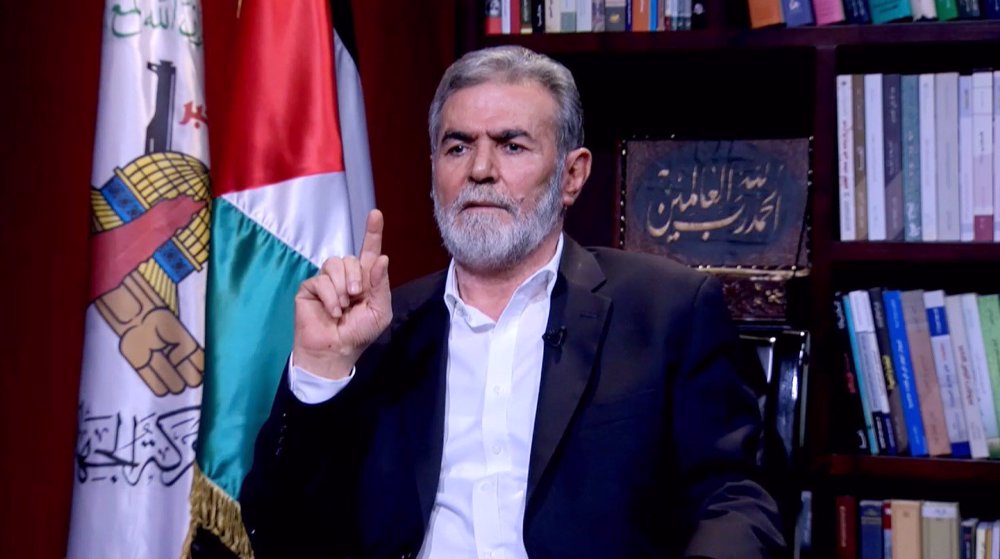
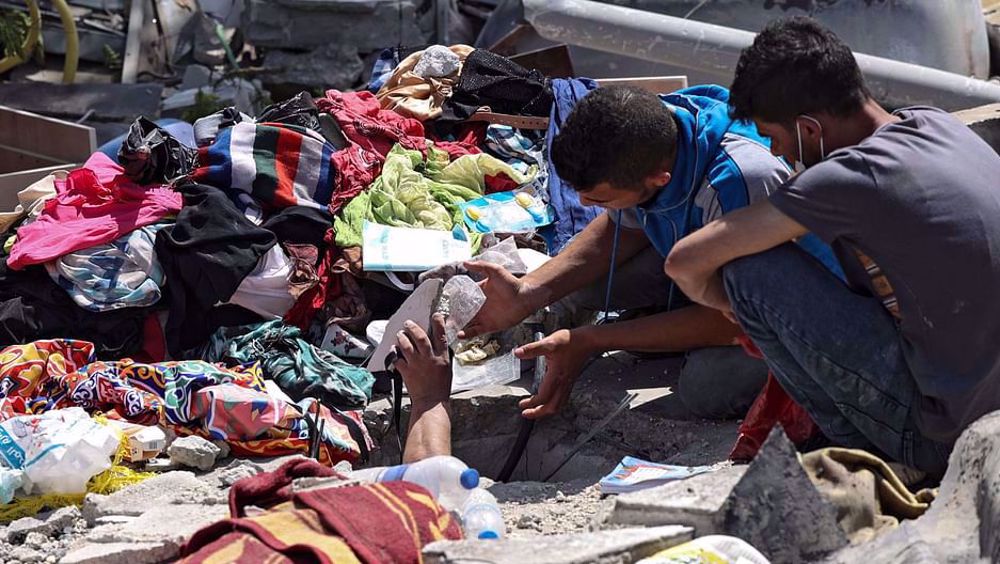
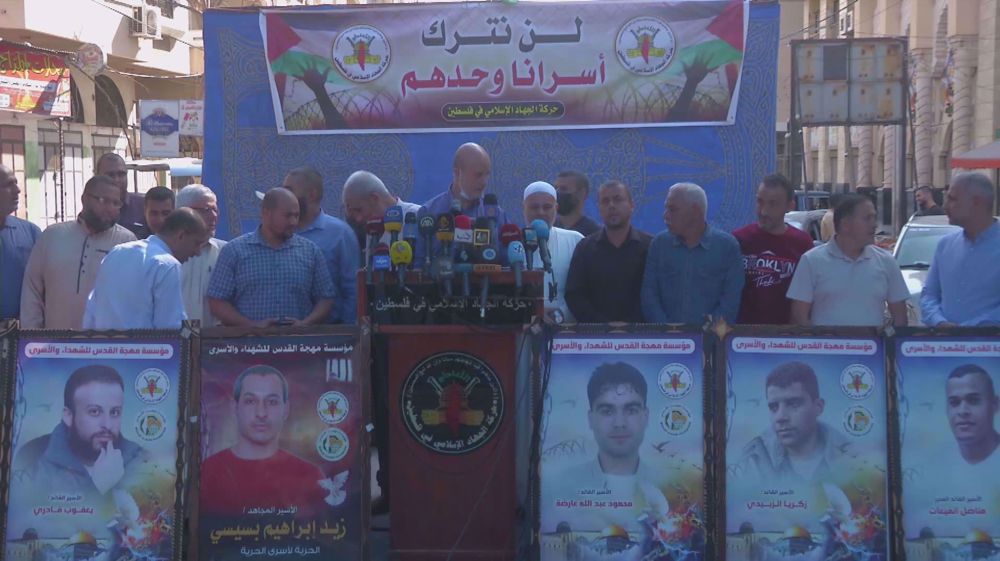
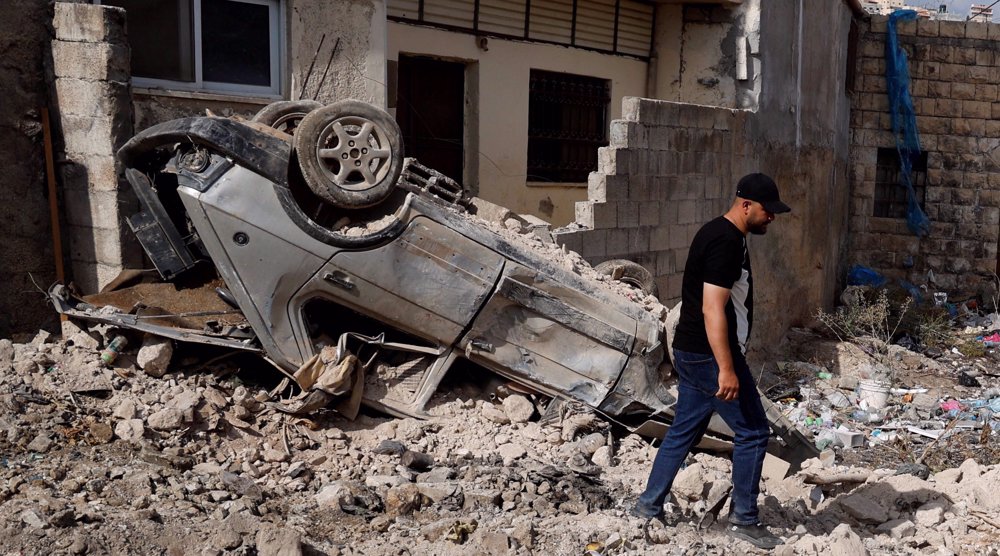
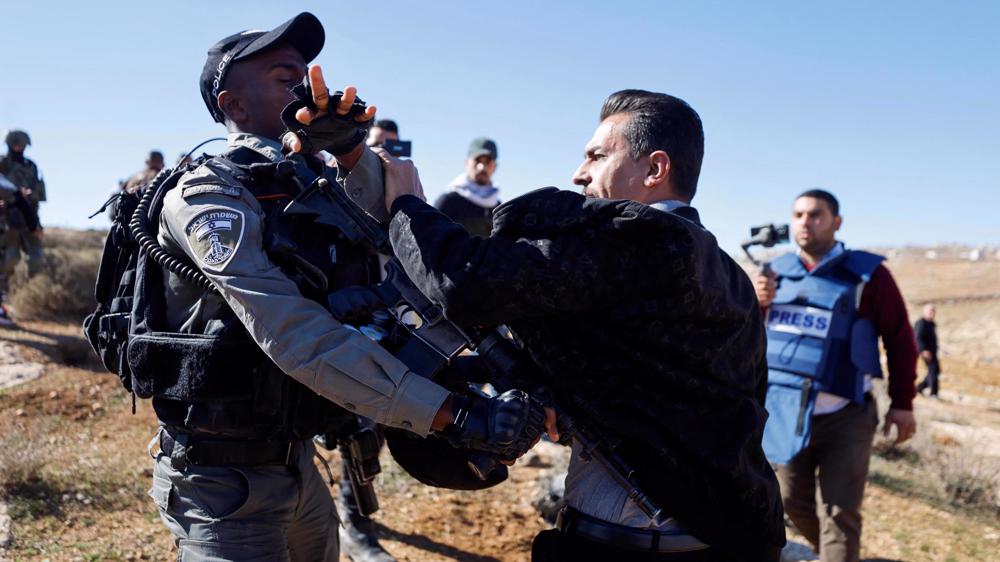
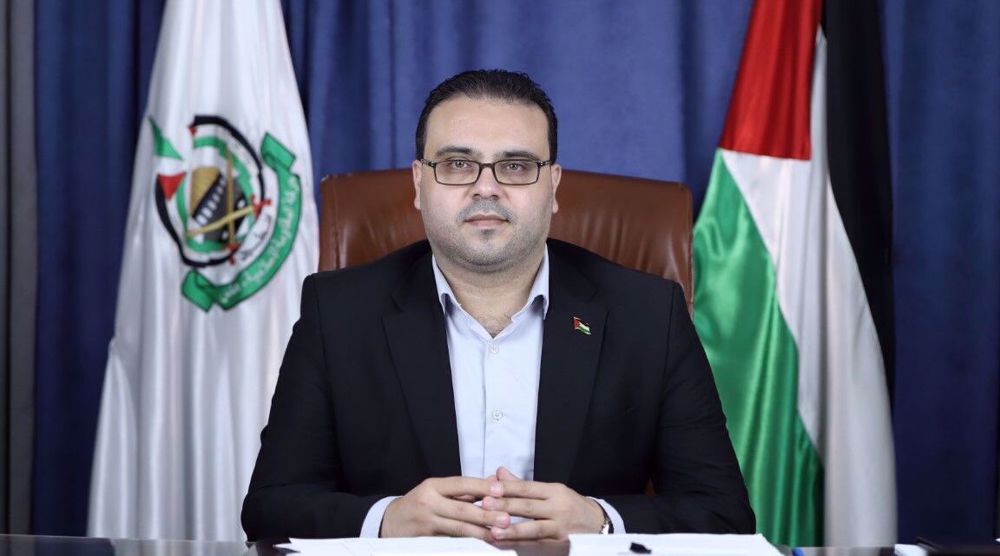




 This makes it easy to access the Press TV website
This makes it easy to access the Press TV website